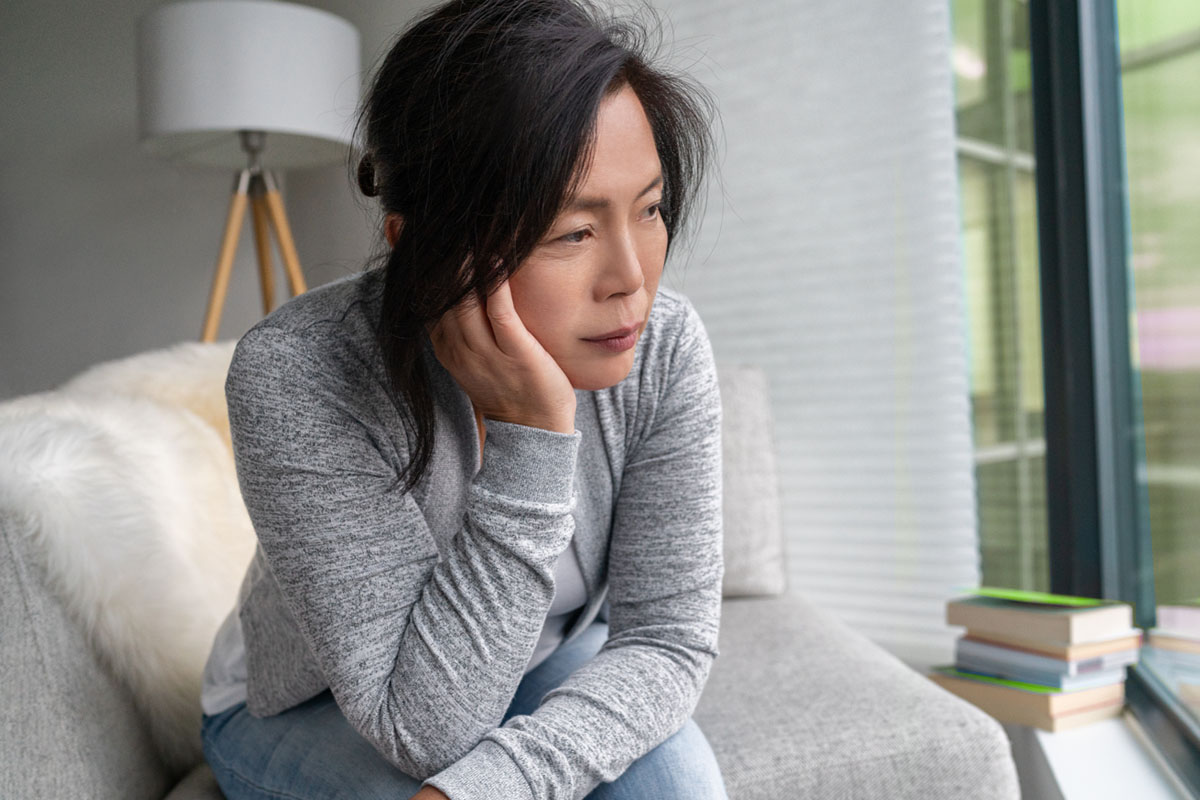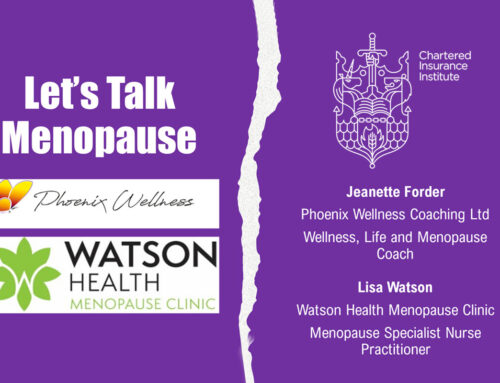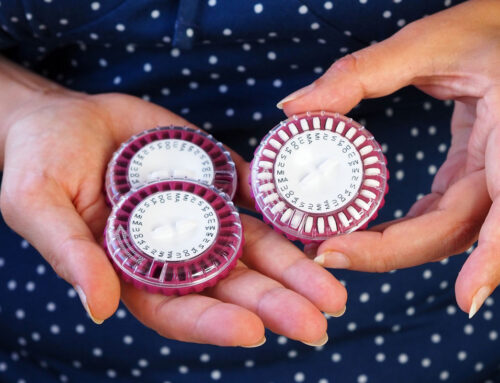Mental health and menopause
A report by Jane Kirby
A recent report in the independent by Jane Kirby has highlighted that mental health services do not appear to take full of account of the impact of the menopause on mental health. Women are frequently prescribed antidepressants when hormone replacement maybe more appropriate.
She writes that a report by the Healthcare Safety Investigation Branch (HSIB) examining the suicide of a 56 year old an NHS worker found staff working in community mental health teams were not trained in this area and that menopause is not routinely considered as a contributing factor amongst women with low mood need help. The report found that just a few days before she took her own life the patient had been deemed at low risk of suicide. Investigators warned that that it is crucial that patients at-risk of suicide or self-harm are given a holistic assessment.
In my experience, especially during the perimenopause when hormone levels are fluctuating, mood swings, anxiety, and depression symptoms can change from one day to the next. If there is a history of mental illness, during the perimenopause and menopause, symptoms can worsen or return. If symptoms are mild to moderate, then HRT maybe an appropriate treatment and help settle the symptoms. However, clinical depression and mental illness does need to be assessed for appropriate medications like antidepressants and talking therapies.
Menopause and perimenopause awareness has been increasing in the media, and there is a drive to educate workplaces and introduce menopause policies so that symptoms are recognised, and women can get the help that they need. This education is much needed for the once taboo subject of menopause, and save lives.
Mental health services failing to take account of menopause, says watchdog | read article in The Independent
















